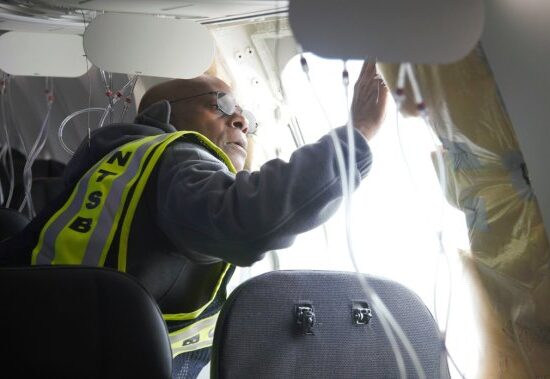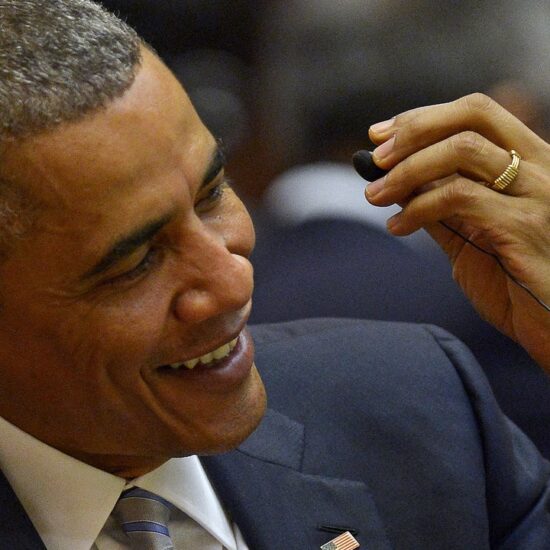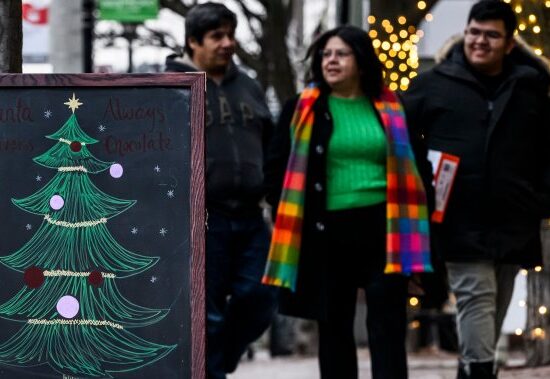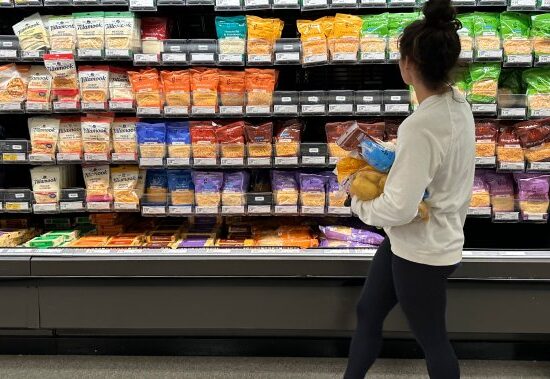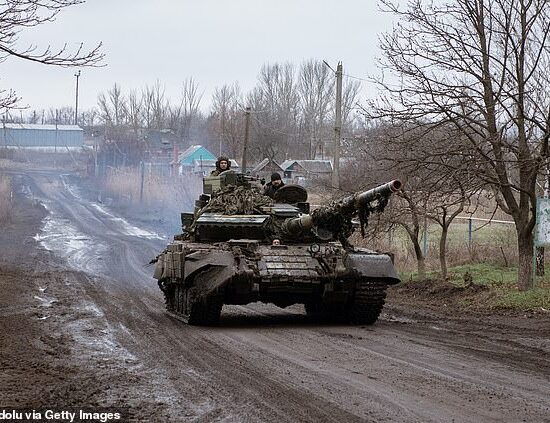
The war in Ukraine and the “Freedom Convoy” protests were overwhelmingly chosen by Canadians as the top news stories of 2022, a new poll suggests, with economic concerns like rising inflation not far behind.
The Ipsos poll conducted exclusively for Global News found 71 per cent of those surveyed said Russia’s invasion of Ukraine was the top international story of the past year, while 62 per cent said the convoy demonstrations in Ottawa and across the country was the top news story at home. Forty per cent said rising interest rates and inflation around the world was a number-one issue globally.
Ukraine and the convoy were “two pretty lurid stories that really captured a lot of attention,” said Darrell Bricker, CEO of Ipsos Public Affairs, but for different reasons.
Read more:
Ottawa police chief vows there won’t be a repeat of last winter’s ‘Freedom Convoy’
Read More
The protests in Ottawa, particularly, was an “unprecedented story that Canadians couldn’t take (their) eyes away from,” he said.
“I think that was really more about values and how people were feeling generally about the direction of the country than it was specifically about the economy.”
Although the protests themselves lasted about three weeks in late January and early February, the government’s unprecedented decision to invoke the Emergencies Act to help clear the demonstrators ensured the story stayed in the headlines for months afterward — culminating in a weeks-long inquiry that wrapped public testimony last month.
The convoy protests, and the movement’s opposition to COVID-19 vaccine mandates, also likely helped ensure the pandemic remained top of mind for Canadians: 34 per cent said it remained the most important news story this year.

The war in Ukraine, meanwhile, has now dragged on for more than 300 days since Russian President Vladimir Putin launched his invasion in February. The conflict has had major implications on the global economy, energy prices and supplies, and food security, while Canada has joined Western allies in sending billions of dollars to help Ukraine’s war effort and humanitarian aid.
Beyond those concerns, Bricker says the “tragedies that we’re seeing in Ukraine” have continued to capture Canadians’ attention and sympathies.
“There was a lot of emotion around these stories and there continues to be a lot of emotion, particularly around the war in Ukraine,” he said.
Domestically, the widespread Rogers outage in July was ranked the second most notable news story of the past year, with 37 per cent of those surveyed saying it was a top issue.
Thirty-four per cent said the death of Queen Elizabeth II was the major international story of 2022, while 35 per cent said King Charles III being named Canada’s new head of state was the top Canadian story.
One in five Canadians said the U.S. Supreme Court overturning Roe v. Wade and removing abortion as a constitutional right was the biggest story in the world this year, rounding out the top five.
For Canadian stories, Fiona’s battering of Atlantic Canada and Pierre Poilievre’s election as leader of the Conservative Party earned 23 and 22 per cent support among those surveyed, respectively.
Notably, only seven per cent chose the reason for Poilievre’s campaign and victory — Erin O’Toole’s ouster as Conservative leader — as a top news story.

Twice the number of Canadians polled (21 per cent) said they were more enamoured with Canada qualifying for the 2022 FIFA World Cup than they were with the competition itself (11 per cent).
Other top stories for Canadians domestically were Pope Francis’ visit to Canadian Indigenous communities (15 per cent) and conversion therapy becoming illegal (seven per cent), which younger respondents were twice as likely to see as significant than older Canadians.
Only six per cent of Canadians surveyed said Mattea Roach’s winning streak on Jeopardy! was the top Canadian news story of the year. Unsurprisingly, interest was far higher in Roach’s home region of Atlantic Canada, where 14 per cent of respondents chose the story compared to single digits across most other provinces.
These are some of the findings of an Ipsos poll conducted between December 14 and 16, 2022, on behalf of Global News. For this survey, a sample of 1,004 Canadians aged 18+ was interviewed. Quotas and weighting were employed to ensure that the sample’s composition reflects that of the Canadian population according to census parameters. The precision of Ipsos online polls is measured using a credibility interval. In this case, the poll is accurate to within ± 3.5 percentage points, 19 times out of 20, had all Canadians aged 18+ been polled. The credibility interval will be wider among subsets of the population. All sample surveys and polls may be subject to other sources of error, including, but not limited to coverage error, and measurement error.
© 2022 Global News, a division of Corus Entertainment Inc.













